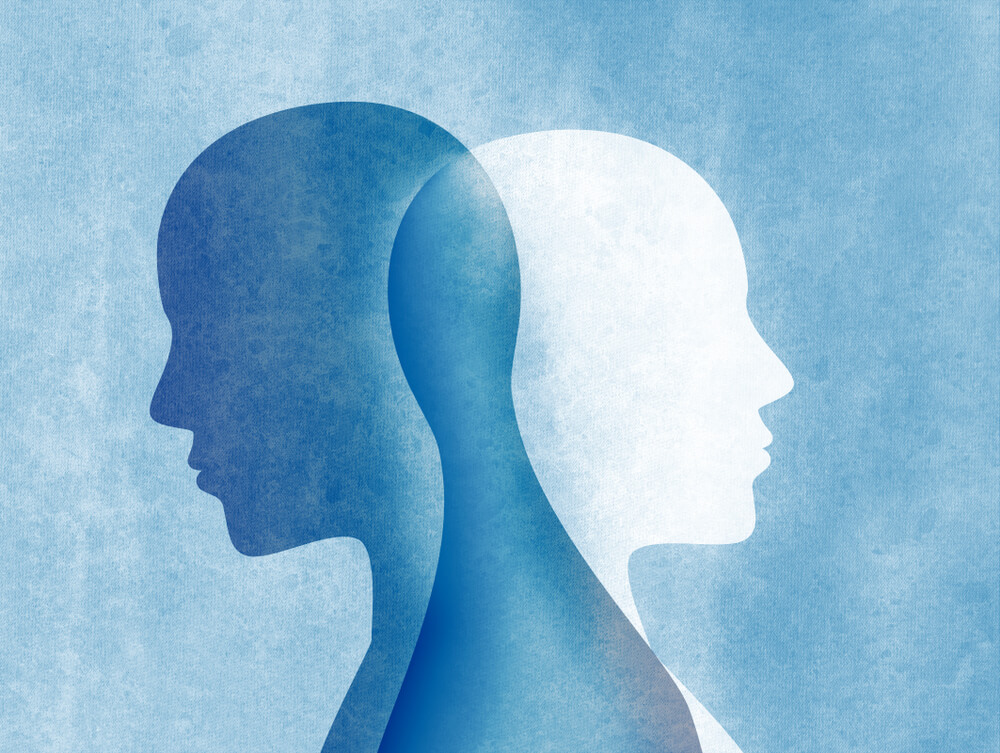Mental Health Awareness Month, observed each May, provides an essential platform to educate, inspire, and advocate for mental health care. For individuals and families navigating the complexities of dual diagnoses—the coexistence of mental health disorders and substance use disorders—this month offers a critical opportunity to highlight resources, reduce stigma, and promote recovery.
Understanding and addressing dual diagnoses is a vital component of comprehensive treatment plans, as the interplay between mental health and addiction often requires specialized approaches.
What Is a Dual Diagnosis?
A dual diagnosis occurs when an individual experiences both a mental health disorder and a substance use disorder simultaneously. Conditions like depression, anxiety, PTSD, or bipolar disorder often intersect with addiction, creating unique challenges that require integrated care.
The relationship between mental health and substance use is complex, as one condition can exacerbate the other. For instance:
- Individuals may use substances to self-medicate symptoms of a mental health disorder.
- Substance use can worsen existing mental health conditions or trigger new ones.
Effective treatment must address both aspects to achieve lasting recovery.
Why Raising Awareness Matters
Many individuals with dual diagnoses remain undiagnosed or receive inadequate treatment due to stigma, misunderstanding, or lack of resources. Mental Health Awareness Month aims to:
- Educate: Increase understanding of dual diagnoses among the public, healthcare providers, and policymakers.
- Advocate: Promote access to integrated care and holistic treatment options.
- Reduce Stigma: Encourage open conversations about mental health and addiction to foster acceptance and support.
By addressing these areas, communities can create a more supportive environment for individuals seeking help.
Best Practices for Treating Dual Diagnoses
Treating dual diagnoses requires a coordinated approach that considers both the mental health and substance use disorder simultaneously. Key components include:
- Integrated Treatment Plans: Combining mental health therapy and addiction treatment ensures comprehensive care.
- Medication Management: Using prescribed medications to address symptoms while monitoring for potential substance misuse.
- Holistic Therapies: Incorporating practices like mindfulness, yoga, or art therapy to support overall well-being.
- Family Involvement: Engaging loved ones in the recovery process to rebuild trust and provide support.
- Aftercare Planning: Establishing long-term strategies to maintain recovery and prevent relapse.
How Rehab Centers Can Support Dual Diagnosis Treatment
Rehab centers play a critical role in addressing dual diagnoses by offering specialized programs that integrate mental health and addiction care. These centers can:
- Provide assessments to accurately diagnose co-occurring disorders.
- Offer personalized treatment plans tailored to individual needs.
- Deliver evidence-based therapies, such as cognitive-behavioral therapy (CBT) or dialectical behavior therapy (DBT).
- Create a safe and supportive environment for healing and growth.
For individuals seeking help, connecting with a reputable rehab facility can be the first step toward recovery.
Conclusion
Mental Health Awareness Month is a time to shine a light on the unique challenges and opportunities for those facing dual diagnoses. By raising awareness, promoting integrated care, and supporting individuals on their recovery journey, we can help create a world where mental health and addiction are treated with the compassion and attention they deserve.
If you or a loved one is struggling with a dual diagnosis, Find Luxury Rehabs can help you locate specialized facilities that prioritize both mental health and addiction treatment. Visit our website to explore resources and discover how tailored care can lead to lasting recovery.




















